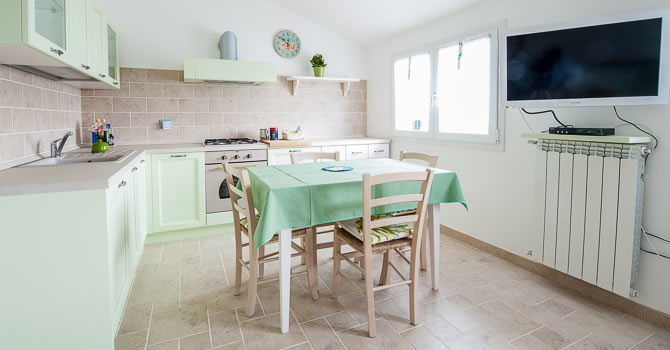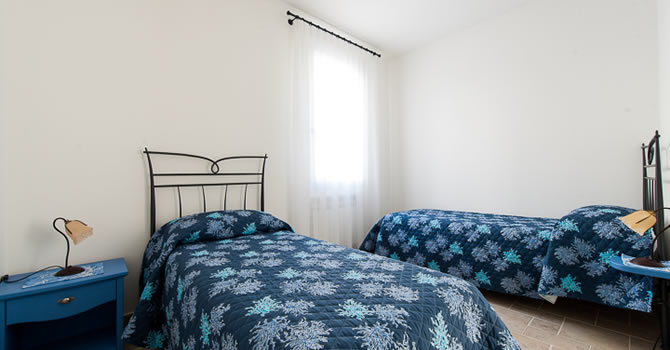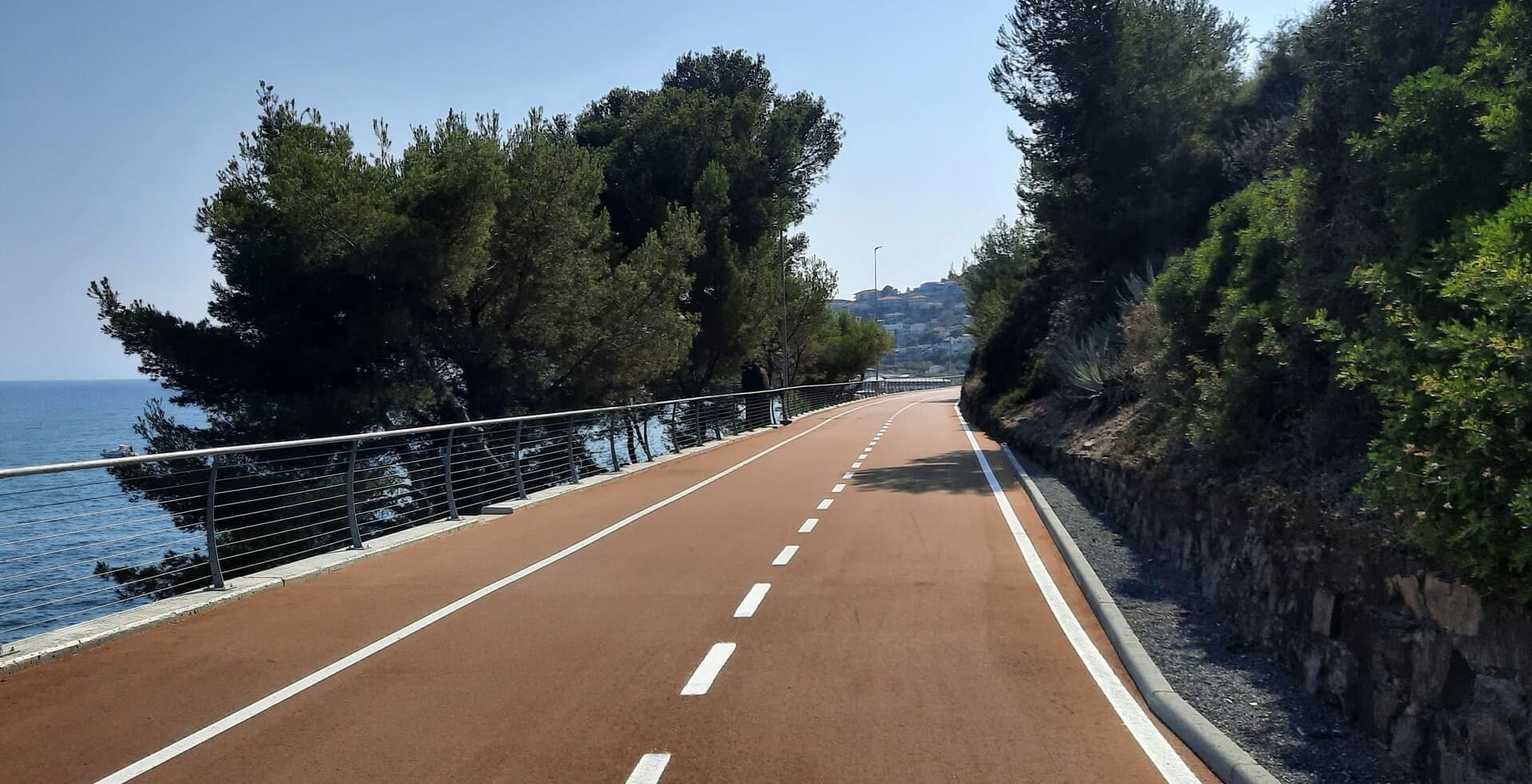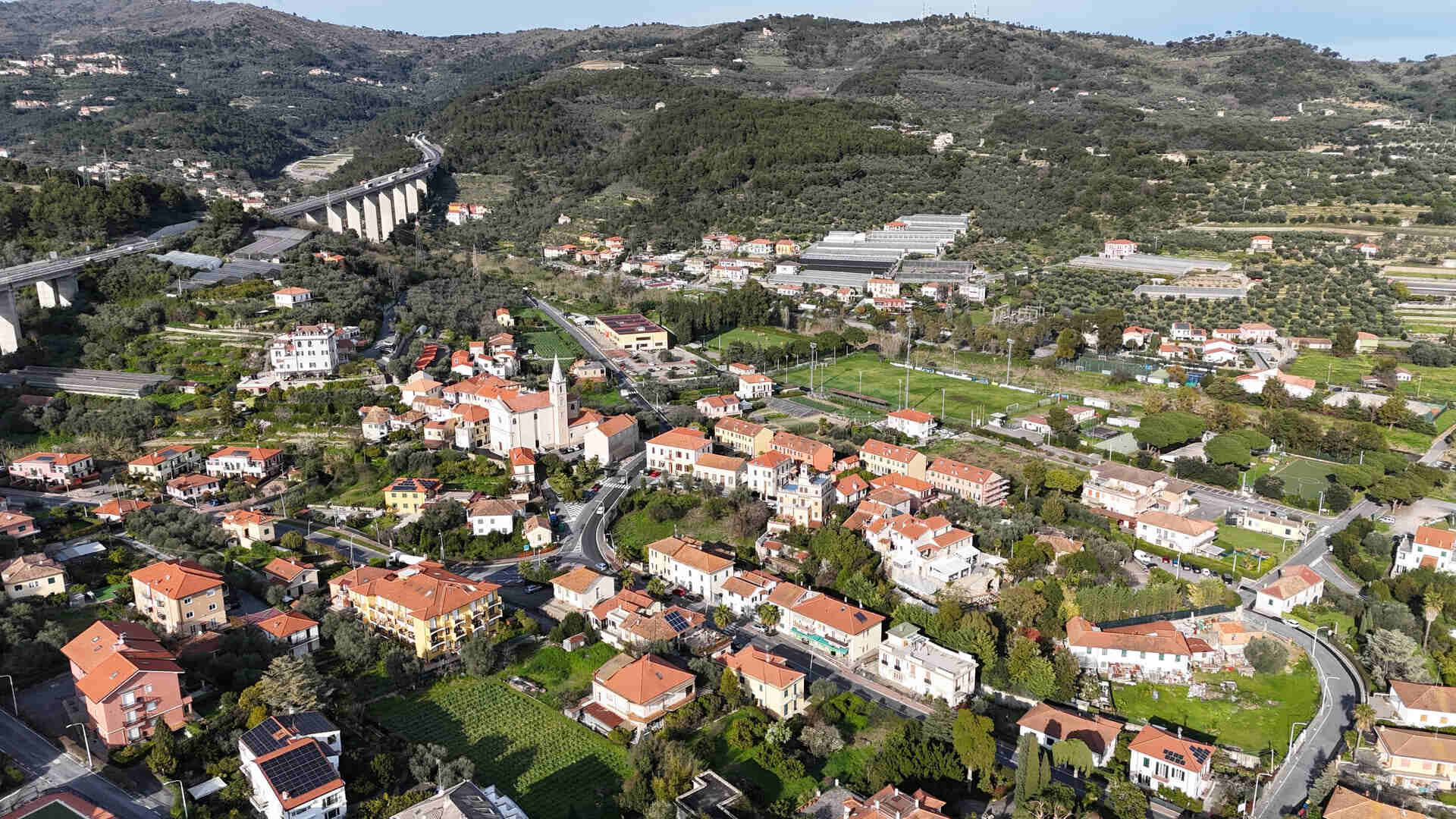
Discovering the Ligurian Riviera
Discovering Val Prino: from Pantasina to Vasia
December 22, 2020
The Christmas atmosphere envelops our farmholidays that for the holidays has become even more beautiful, thanks to the illuminations and the small crib. Even though we were busy with the preparations, we didn't give up our usual tours of the Ligurian hinterland, this time concluding the journey we started a few weeks ago.
After visiting the valley of the magnificent village of Dolcedo, and peeking through the colored doors of Valloria, it's the turn of other enchanted places in the heart of Val Prino: Pantasina, Prelà di Castello and Vasia.

Read also - Discovering Val Prino: From Prelà to Villatalla
Pantasina
Leaving Villatalla we return to Prelà and at the crossroads of the valley floor we go up to the right towards Pantasina. The first places we meet are Casa Carli, Praelo and Canneto, small hamlets in whose territory we find the sanctuary of the Madonna della Guardia. However, we proceed straight along the provincial road 39, going up in a hilly path immersed in olive groves, which leads us to Pantasina, about 400 meters above sea level.

Here we find ourselves in a point of connection between two areas: on one side we have the possibility to reach the hamlets of Dolcedo (Pianavia and Torretta); on the other side we find a road that goes uphill, enters the wood and then arrives to the crest. Following this road we pass through various places and, after several kilometers, we reach Colle d'Oggia, the slope that divides the Impero Valley from the Argentina Valley.
Read also - Discovering the Prino Valley: from Dolcedo to Lecchiore
Once arrived, we visit the parish church of the Transfiguration of Jesus, dating back to 1434 but rebuilt in Baroque style. On the main square there is also the oratory of Santa Caterina, whose side entrance preserves the bas-relief of the first factory, representing the Agnus Dei inscribed in a round supported by two angels.

Traces of the noble Lascaris family can be found, instead, in one of their residences, of which the slate portal is preserved with the architrave decorated with the heraldic coats of arms of the feuds of the Lords of Tenda and Ventimiglia on one side, and Lascaris-Savoia on the other.

Prelà Castello
We continue our journey towards Vasia, turning right along the provincial road 40, where we find the deviation to Prelà Castello. We are on the ridge of a hill overlooking the valley below, where the ruins of Petralata Soprana castle stand out, a fortified palace owned by the Lascaris family, counts of Ventimiglia and lords of Prelà since 1350.

The name derives from the fact that the castle was built on a square-shaped rocky plain (petra lata). Very little of its original grandeur remains today. At one time it was protected, in fact, by four angular towers and high perimeter walls in which slits were inserted, still visible, from which the soldiers provided the control and defense of the territory.
After numerous assaults following the feudal fights, the castle was given to the Savoia in 1576.

We cannot leave Prelà Castello without visiting the parish church of Santi Giacomo and Nicola. Built by the Lascaris in Renaissance style, it is distinguished by the portal realized by the "stone masters" Pietro and Bartolomeo Valenzo from Cenova.

From Prelà Castello to Vasia
Our stop in Prelà Castello comes to an end. We decide to go back and stop in Pianavia, a small village where there is the beautiful church of the Annunziata. We continue straight ahead for a while, until the small village of Torretta, before continuing to Vasia, our last stop.
In the square of the village we find the parish church of S. Antonio Abate. Of fifteenth-century origin, in the seventeenth century it underwent a general rearrangement in baroque style, while in the nineteenth century the bell tower, the highest in the valley, was raised. It's worth entering to admire also the two sixteenth-century polyptychs with the Madonna on the throne and saints, in which the style is still affected by the Gothic taste.
On the opposite side of the square there is, instead, the Oratory of the Immaculate Conception, built by Filippo Marvaldi in 1757, with a molded facade marked by painted pilasters.

Read also - Cervo: discovering one of the most beautiful villages in Italy
Near the cemetery, on the road that leads to Lucinasco, we visit the church of San Martino di Tours, belonging to the Benedictine monks of Lerino from 1119 until 1560. The gabled façade is simple, with a bell tower that was made smaller in modern times. Inside the structure would need a restoration, but its austere charm remains unquestionable.

From Vasia we go down again following the provincial road, up to the junction to Caramagna Ligure. Let's go back to our apartments in Diano Marina.
Our journey through the Prino Valley has ended. Also on this occasion we visited the territory and its monuments, following the most significant traces of our history. And yet, we know that it won't be the last time we'll be in these parts, because there is still so much to visit, and every corner of western Liguria hides unique riches that we can't wait to share.
Listen to all podcasts published on our official channels:







